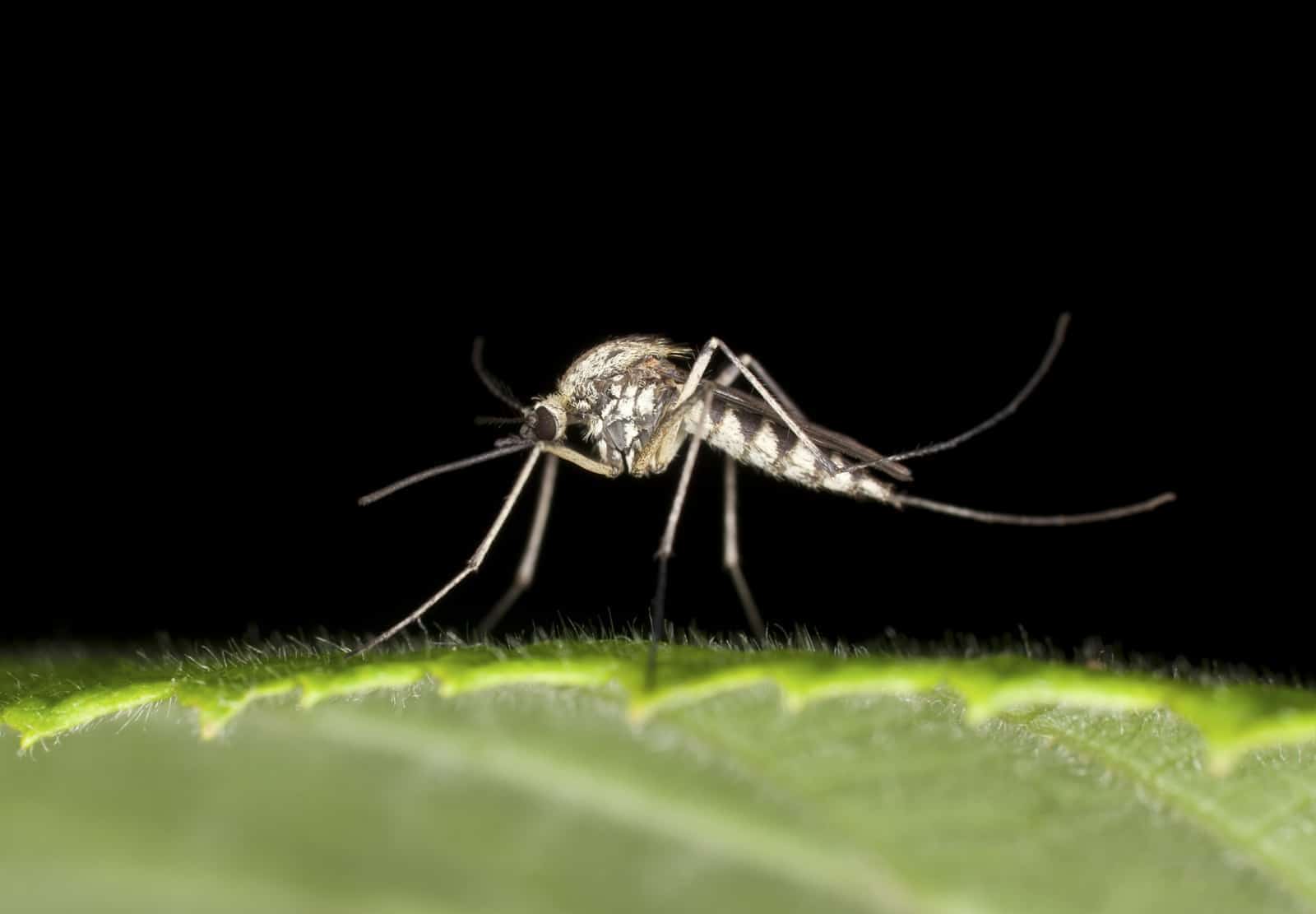Mosquito-Borne Disease in Ontario Horses: EEE, WNV Cases Confirmed

The Ontario Ministry of Agriculture, Food, and Rural Affairs (OMAFRA) has confirmed additional cases of Eastern equine encephalitis (EEE) and West Nile virus (WNV) in horses in that province, the Equine Disease Communication Center (EDCC) reported.
“Between Aug. 14 and Sept. 6, OMAFRA received confirmation of six more cases of Eastern equine encephalitis in the following areas: four in the Regional Municipality of Niagara, one in the Regional Municipality of Hamilton-Wentworth, and one in Haldimand County,” the EDCC said. “The total number of cases for the year is eight. Affected horses have ranged in age from 1.5 months to 18 years with six mares, one gelding, and one male affected. All horses showed onset of severe neurological signs within 24 hours and all were euthanized. All were unvaccinated except one, which was incompletely vaccinated.”
Then, on Sept. 6, OMAFRA confirmed Ontario’s first case of WNV for 2018 in a horse from Middlesex County
Create a free account with TheHorse.com to view this content.
TheHorse.com is home to thousands of free articles about horse health care. In order to access some of our exclusive free content, you must be signed into TheHorse.com.
Start your free account today!
Already have an account?
and continue reading.

Written by:
Erica Larson
Related Articles
Stay on top of the most recent Horse Health news with















